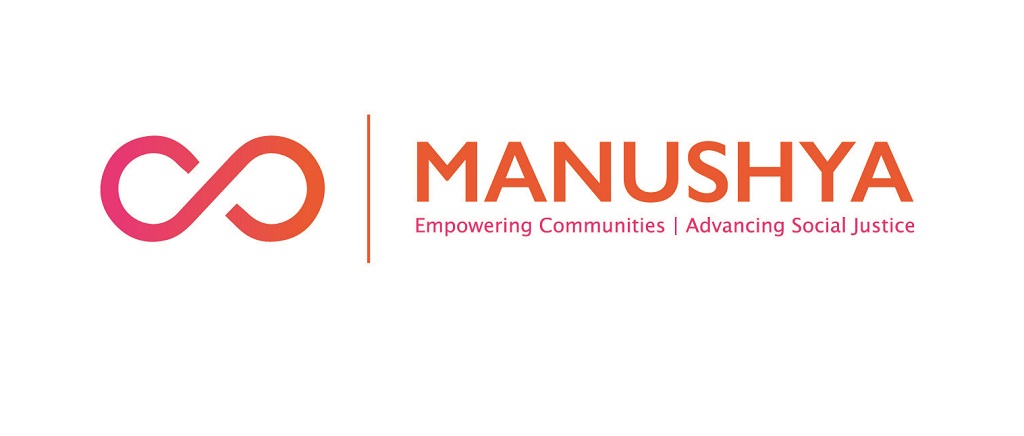The National Cybersecurity Act adopted by the Royal Thai Government poses several challenges which could negatively affect civil society, local communities, netizens, and the Information and Communication Technology (ICT) sector.
On 23 September, the Manushya Foundation, in collaboration with the Embassy of the Kingdom of the Netherlands in Bangkok, Thai Netizen Network, Access Now, and the International Federation for Human Rights (FIDH), hosted the launch of a study, Thailand’s Cybersecurity Act: Towards a Human-Centered Act Protecting Online Freedom and Privacy, While Tackling Cyber Threats. The study is accompanied by a guidance document: Thailand’s Cybersecurity Act: Dos & Dont’s.
This study and guide are published to respond to the growing concerns over the shrinking of online civic space. It is intended to assist Thailand, its institutions, its private entities, and its netizens strengthen and streamline the implementation of the National Cybersecurity Act in line with international human rights standards, promoting a human-centered approach to protect people, while opposing its misuse for the control and surveillance of citizens.
It includes specific amendments to the text of the Act for the government and parliamentarians to consider in order to guarantee the Act can uphold online freedom and privacy while effectively tackling cyber threats. This study is the first of its kind in the ASEAN region and the aim is to help build the discourse on the necessity of applying a human-rights based approach to cybersecurity legislation. The launch included inputs from domestic, regional, and international experts from the government, civil society, and the private sector, on cybersecurity, data privacy, and critical information infrastructure.
